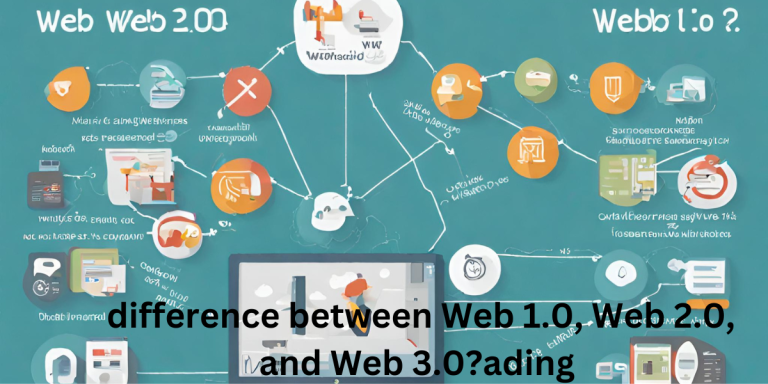What is Artificial Intelligence (AI)?
Artificial Intelligence (AI) refers to the simulation of human intelligence processes by machines, particularly computer systems. These processes include learning, reasoning, problem-solving, perception, language understanding, and decision-making. The goal of AI is to create systems that can perform tasks that typically require human intelligence, such as understanding natural language, recognizing patterns, making predictions, and even learning from experience.

AI can be categorized into two main types: Narrow or Weak AI and General or Strong AI.
Narrow or Weak AI: This type of AI is designed and trained for a specific task or a narrow range of tasks. Examples include virtual personal assistants like Siri and Google Assistant, recommendation systems on streaming platforms, and chatbots for customer support.
General or Strong AI: This type of AI aims to possess human-like intelligence and the ability to understand, learn, and apply knowledge across a wide range of tasks. This level of AI does not yet exist and is a topic of theoretical research.
AI technologies and techniques include:
Machine Learning (ML): A subset of AI that involves training algorithms to learn patterns from data. It includes techniques like supervised learning, unsupervised learning, and reinforcement learning.
Deep Learning: A subfield of machine learning that focuses on artificial neural networks, inspired by the structure of the human brain. Deep learning has been particularly successful in tasks such as image and speech recognition.
Natural Language Processing (NLP): The field that focuses on enabling computers to understand, interpret, and generate human language. It’s the technology behind chatbots, language translation, sentiment analysis, and more.
Computer Vision: The field that enables computers to interpret and understand visual information from the world, such as images and videos. Applications include facial recognition, object detection, and autonomous vehicles.
Reinforcement Learning: A type of machine learning where an agent learns to perform actions in an environment to maximize a reward signal. It’s commonly used in robotics and game playing.
AI has numerous real-world applications across various industries:
Healthcare: AI can assist in diagnosing diseases, predicting patient outcomes, and analyzing medical images.
Finance: AI is used for algorithmic trading, credit scoring, fraud detection, and risk assessment.
Automotive: AI powers self-driving cars and advanced driver assistance systems (ADAS).
Manufacturing: AI-driven automation improves efficiency and quality control in production processes.
Entertainment: AI is used for personalized content recommendations and game development.
Agriculture: AI aids in crop monitoring, yield prediction, and pest detection.
Education: AI supports personalized learning and adaptive tutoring systems.
However, AI also raises ethical and societal concerns, including job displacement due to automation, bias in algorithms, privacy issues, and the potential for misuse in surveillance and weaponry. As AI technology continues to advance, finding ways to address these concerns becomes increasingly important
